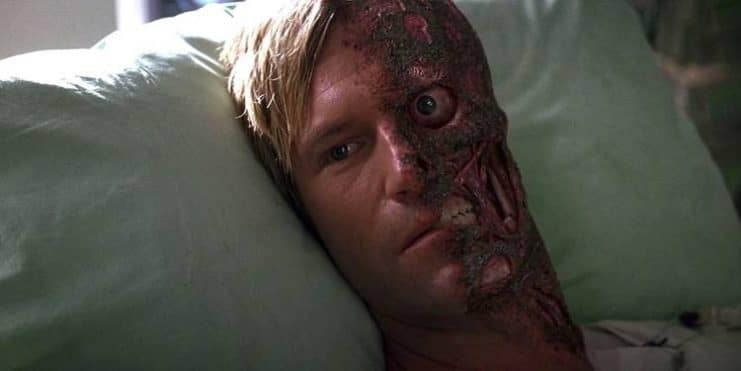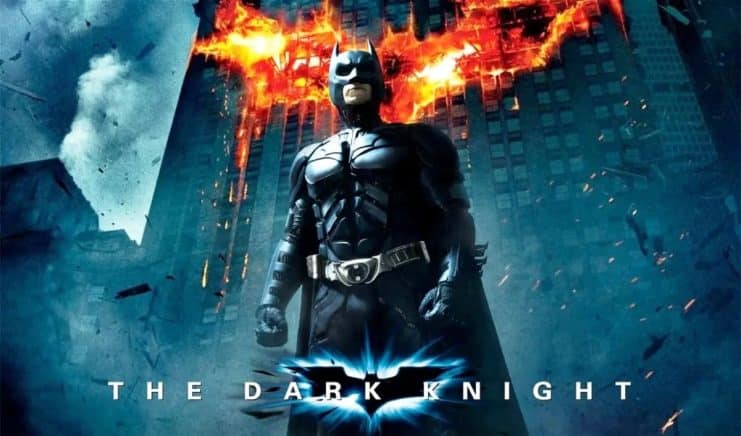We know the story behind the conflict between Batman and the legal dilemma with Turkey City.
When you think of Batman, you probably think of the masked hero of Gotham, not the Turkish city it shares its name with. But, in a fit for a Hollywood script, Batman’s Turkey City has been embroiled in a controversy that brought cinema’s most acclaimed director Christopher Nolan to court for his role in The Dark Knight.
Common name origin
Batman City, a popular district and provincial capital in Turkey, has a history long before the DC Comics character appeared on the cultural scene. Originally called Iluh, this place turned from a sleepy village into a prosperous city after the discovery of oil in the 1940s. In 1957, the name was inspired by the nearby Batman River, which had nothing to do with the comic book character. In fact, in some Turkish and Persian contexts, ‘batman’ is a unit of measurement.
The conflict between the city and the film arose when a journalist suggested that the city should consider a copyright claim on the name given The Dark Knight’s international popularity. This prompted Mayor Hussain Kalkan, in 2007, to seek legal grounds for the law, saying, “The name ‘Batman’ is ours…there is only one Batman in the world.” In the year Ironically, the threat of a lawsuit coincided with the release of Nolan’s The Dark Knight in 2008, although in the end, the lawsuit never materialized.
A serious charge and its consequences
Beyond the legal absurdity, the situation took on a darker tone. Mayor Kalkan linked the movie to Batman’s negative psychological impact on citizens, unjustly increasing crime and suicide, problems that unfortunately plagued the city before the movie. This strategy, however far-fetched, represents an attempt to divert attention from the city’s internal problems.
Imagine for a moment that Batman City won the case. This could have opened the door to all sorts of unusual claims for geographical naming rights in cinematic and cultural contexts. Can a small town like Sandwich, Illinois lay claim to the best sandwich shops in the world? Clearly, the case raised more questions about intellectual property and copyright than it answered.
From funny pages to international controversy
Beyond the unique legal conflict, the character has transcended the pages of comics to become an international cultural icon. Since his creation by Bob Kane and Bill Finger in 1939, Batman has not only been the main character of countless comic works, but also television series, movies and video games. Its evolution from a masked vigilante to a complex symbol of justice reflects changes in society’s expectations and values over the past decade.
Comparatively, Batman differs from other superheroes in his lack of superpowers like Superman or Spider-Man and a more realistic approach to the dark side. This characteristic has made him particularly attractive to film adaptations that explore deeper themes of morality and humanity, culminating in popular films like The Dark Knight, which not only redefine the superhero genre but also challenge traditional notions of heroism.
The echo of the case
Although not legally prosecuted, the Dark Knight’s case drew international attention to the Turkish city, prompting avid onlookers and fans to visit the Turkish city, even leading to petitions to have the state’s borders resemble Batman’s iconic logo. This particular clash not only illustrates the complexities of globalized public culture, but also how a name can become a symbol of identity for both a city and a superhero.
Over time, the controversy has died down, but it remains a fascinating reminder of how popular culture and reality collide in the most unexpected ways. Meanwhile, The Dark Knight has remained a cinematic phenomenon for fans to enjoy on streaming platforms, proving its durability beyond any controversy.

